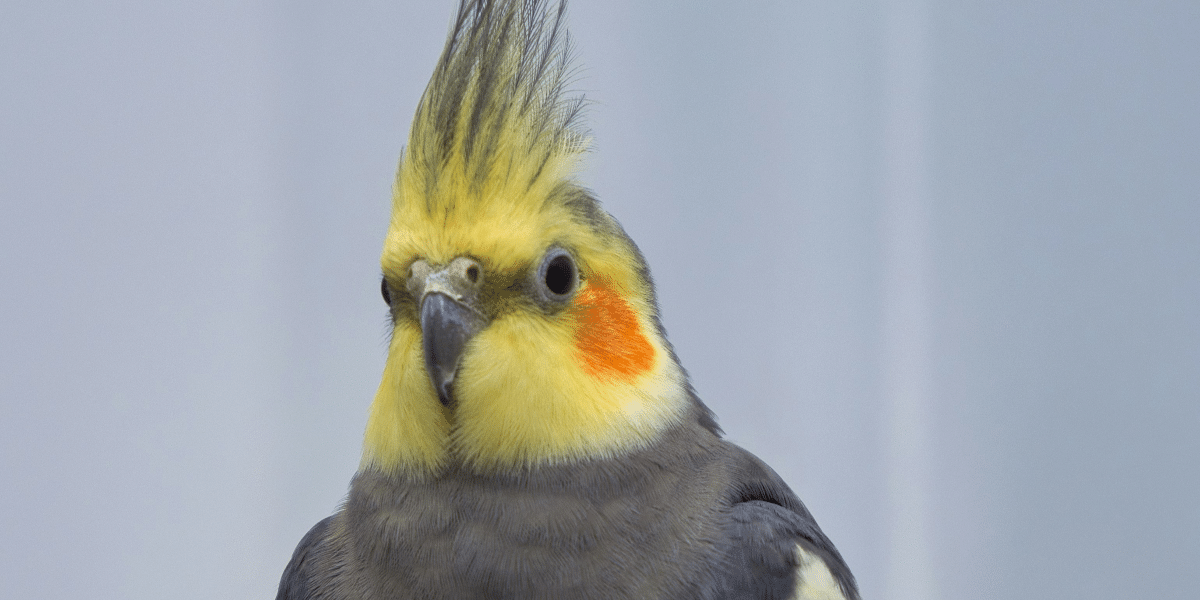With their charming whistles and friendly personalities, Cockatiels make delightful pets for bird enthusiasts. However, being a responsible cockatiel owner requires understanding their unique needs to ensure your feathered friend’s happy and healthy life. For new owners, navigating cockatiel care might initially feel overwhelming, but with a few practical tips, you’ll be well-equipped to provide a loving home for your new companion.
Creating the Ideal Habitat for Your Cockatiel
A comfortable and well-equipped habitat is essential for your cockatiel’s well-being. Start with a spacious cage that allows them to spread their wings and move freely. Horizontal bars are ideal, as they enable climbing and exercise. Place perches of varying diameters and textures within the cage to help maintain foot health.
Location is key when setting up your cockatiel’s home. Keep the cage in a quiet, well-lit area but avoid direct sunlight or drafts. Cockatiels are highly social creatures, so placing the cage in a room where the family gathers ensures they feel included and secure. Add engaging toys, mirrors, and chewable items to prevent boredom, which can lead to destructive behaviors. Regularly clean the cage and provide fresh water and food daily to maintain a hygienic and healthy environment.
Feeding and Nutrition Essentials
Proper nutrition is fundamental to your cockatiel’s health. A balanced diet should include high-quality pellet food, which provides essential vitamins and nutrients. Supplement their diet with fresh fruits, vegetables, and occasional seeds or millet as treats. Leafy greens like spinach and kale and fruits like apples (without seeds) and berries are excellent options.
Water should always be fresh and clean. Avoid giving your cockatiel foods toxic to birds, such as chocolate, avocado, and caffeine. Treats should only account for a small portion of their diet to prevent obesity and related health issues. Observing their eating habits can also help you detect early signs of illness, as changes in appetite often indicate a problem.
Routine veterinary check-ups are crucial for maintaining your bird’s health. An avian vet can provide guidance on diet, grooming, and any health concerns that arise. Remember, a well-fed and well-cared-for cockatiel is a happy cockatiel.
Behavior and Bonding Tips for New Owners
Cockatiels are intelligent and affectionate birds that thrive on interaction with their owners. Building trust takes time and patience, so start speaking softly and moving slowly around your bird. Offer treats from your hand to create positive associations and gradually work towards gentle handling.
New owners often ask how to keep a cockatiel quiet, especially in shared living spaces; providing toys and a calm environment can go a long way. Cockatiels may become noisy due to boredom, stress, or a need for attention. Ensuring they have plenty of mental stimulation and opportunities to exercise can minimize excessive chirping or whistling.
Training is another valuable aspect of cockatiel care. Teaching your bird simple tricks or commands deepens your bond and keeps their active minds engaged. Start with basic commands like “step up” and reward them with praise or a favorite treat. Consistency and positive reinforcement are key to successful training sessions.
Welcoming a cockatiel into your home is a rewarding experience with delightful moments and learning opportunities. From setting up the perfect habitat to understanding their nutritional and behavioral needs, every step you take ensures a fulfilling life for your new pet. By creating a loving and enriching environment, you’ll forge a strong bond with your cockatiel that brings joy to you and your feathered friend.
Published by: Holy Minoza


















